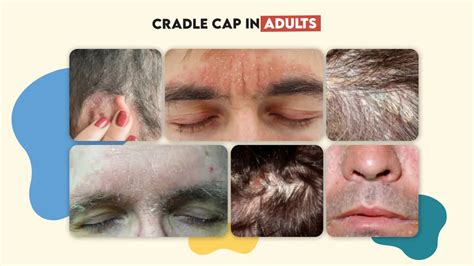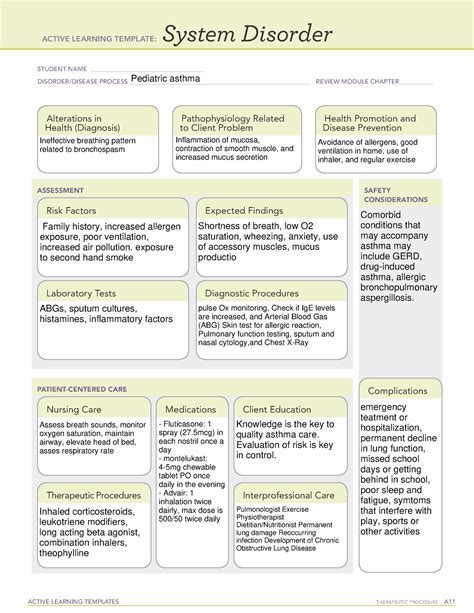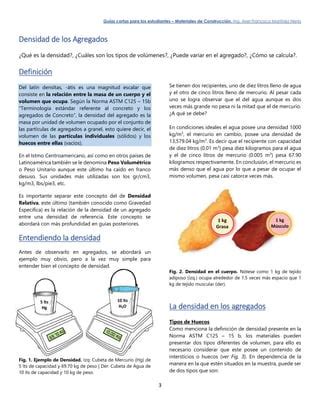Intro
Discover effective Adult Cradle Cap Treatment options, including seborrheic dermatitis management, scalp care, and home remedies to alleviate symptoms and prevent recurrence.
Adult cradle cap, also known as seborrheic dermatitis, is a common skin condition that can be frustrating and embarrassing for those who suffer from it. While it is often associated with infants, adults can also experience this condition, which is characterized by a red, itchy, and flaky scalp. In this article, we will delve into the world of adult cradle cap treatment, exploring the causes, symptoms, and various treatment options available.
Adult cradle cap is a condition that can affect anyone, regardless of age or gender. It is estimated that up to 5% of the adult population suffers from seborrheic dermatitis, with men being more likely to be affected than women. The exact cause of adult cradle cap is still unknown, but it is believed to be linked to a combination of factors, including genetics, hormonal imbalances, and environmental factors. Stress, poor diet, and certain medical conditions, such as psoriasis or eczema, can also contribute to the development of adult cradle cap.
The symptoms of adult cradle cap can vary from person to person, but common signs include a red, itchy, and flaky scalp, as well as a greasy or oily scalp. In some cases, the condition can also cause hair loss, which can be particularly distressing for those who suffer from it. If left untreated, adult cradle cap can lead to more serious complications, such as skin infections or scarring. Therefore, it is essential to seek medical attention if you are experiencing any of the symptoms associated with adult cradle cap.
Understanding Adult Cradle Cap

Causes of Adult Cradle Cap
The causes of adult cradle cap are complex and multifaceted. While the exact cause is still unknown, research suggests that a combination of genetic, hormonal, and environmental factors can contribute to the development of the condition. Some of the possible causes of adult cradle cap include: * Genetics: If you have a family history of seborrheic dermatitis, you may be more likely to develop adult cradle cap. * Hormonal imbalances: Hormonal changes, such as those experienced during pregnancy or menopause, can trigger adult cradle cap. * Environmental factors: Exposure to stress, poor diet, and certain environmental toxins can contribute to the development of adult cradle cap. * Medical conditions: Certain medical conditions, such as psoriasis or eczema, can increase the risk of developing adult cradle cap.Treatment Options for Adult Cradle Cap

Medications for Adult Cradle Cap
Medications are often the first line of treatment for adult cradle cap. Some of the most commonly prescribed medications include: * Topical corticosteroids: These medications can help reduce inflammation and control symptoms. * Antifungal medications: These medications can help control fungal infections that may be contributing to adult cradle cap. * Zinc pyrithione shampoos: These shampoos can help reduce flaking and inflammation.Lifestyle Changes for Adult Cradle Cap

Alternative Therapies for Adult Cradle Cap
Alternative therapies may also be effective in treating adult cradle cap. Some of the most commonly used alternative therapies include: * Tea tree oil: Tea tree oil has antifungal and antibacterial properties, making it an effective treatment for adult cradle cap. * Coconut oil: Coconut oil can help moisturize the scalp and reduce inflammation. * Apple cider vinegar: Apple cider vinegar can help balance the pH of the scalp and reduce flaking.Home Remedies for Adult Cradle Cap

Preventing Adult Cradle Cap
Preventing adult cradle cap is often easier than treating it. Some of the most effective ways to prevent adult cradle cap include: * Keeping the scalp clean: Keeping the scalp clean can help reduce the risk of adult cradle cap. * Avoiding harsh hair care products: Avoiding harsh hair care products can help reduce the risk of adult cradle cap. * Reducing stress: Reducing stress can help reduce the risk of adult cradle cap.Conclusion and Next Steps

We invite you to share your experiences and thoughts on adult cradle cap treatment in the comments section below. Have you tried any of the treatment options or home remedies mentioned in this article? What worked for you, and what didn't? Your feedback and insights can help others who are struggling with adult cradle cap.
What is adult cradle cap?
+Adult cradle cap, also known as seborrheic dermatitis, is a common skin condition characterized by a red, itchy, and flaky scalp.
What are the symptoms of adult cradle cap?
+The symptoms of adult cradle cap include a red, itchy, and flaky scalp, as well as a greasy or oily scalp. In some cases, the condition can also cause hair loss.
How is adult cradle cap treated?
+Adult cradle cap is typically treated with a combination of medications, lifestyle changes, and alternative therapies. The goal of treatment is to reduce inflammation, control symptoms, and prevent complications.
Can adult cradle cap be prevented?
+Yes, adult cradle cap can be prevented by keeping the scalp clean, avoiding harsh hair care products, and reducing stress.
What are some home remedies for adult cradle cap?
+Some home remedies for adult cradle cap include olive oil, banana and honey mask, and baking soda. These remedies can help soothe and calm the scalp, reducing inflammation and flaking.
